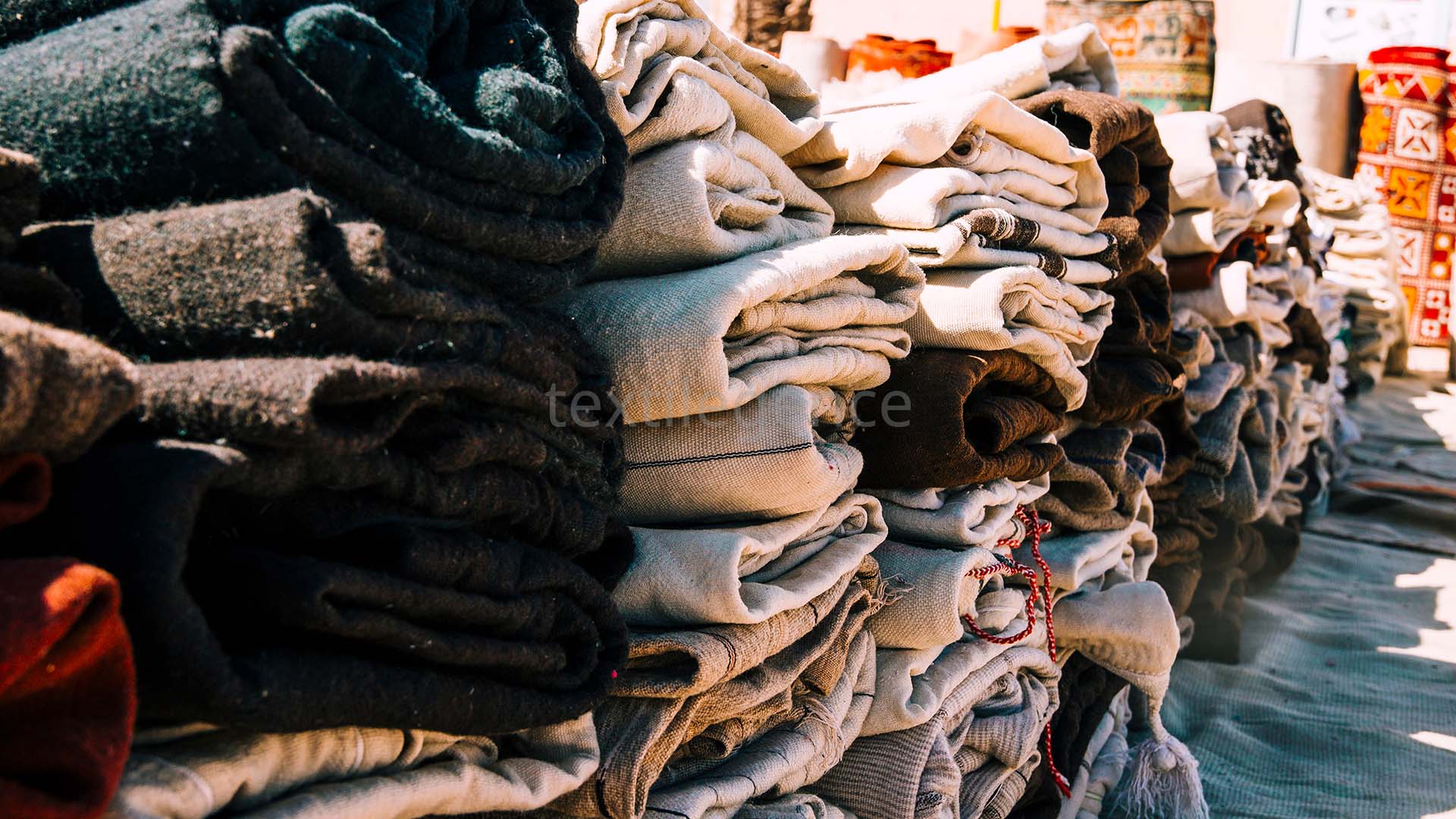Fashion for Good, uniting the fashion ecosystem to transform and build a regenerative industry, launched the World of Waste, a free online tool mapping global textile waste hotspots providing aggregated regional data on waste volume, composition, and type, enabling recyclers and innovators to efficiently identify and utilise textile waste resources worldwide.
While the information on textile waste is currently fragmented, with data scattered across a multitude of organisations and platforms, his lack of centralised knowledge and standardised data hampers the industry’s ability to address and capitalise on textile waste. To tackle this issue, Fashion for Good, with catalytic funding from Laudes Foundation and IDH, has partnered with Reverse Resources, Global Fashion Agenda, Circle Economy, and Accelerating Circularity – who actively address many facets of textile waste and leverage each other’s diverse skill sets and wealth of information to create a tool consolidating the outcomes of individual research.
This tool provides an overview of data points on waste quantities, types, compositions, and other insights, as well as links to the original studies. With information on waste attributes, data collection methodologies, organisations involved, and a lens on upcoming studies for a region, the tool empowers users of textile waste, as well as stakeholders looking to further the industry’s knowledge base.

From governments to recyclers, everyone can benefit from this tool
Katrin Ley, Managing Director of Fashion for Good expressed that they are excited to launch worldofwaste.co, a tool providing crucial data on global textile waste hotspots, saying: “This collaborative effort brings together key industry partners to empower recyclers and innovators with insights into waste volumes and compositions, helping turn waste into valuable resources and accelerating the shift towards a more circular and sustainable fashion industry.”
With a lens on global hotspots of textile waste, as well as links to established resources for each region, strategies aimed at valorising waste become more attainable. For instance, recyclers can strategise their feedstock sourcing by gaining insights into waste streams and their specific characteristics. Governments can utilise this data to develop informed policies and regulations that encourage sustainable waste management practices. Fostering connections between stakeholders, both local and international, can help address operational challenges towards the advancement of circularity. It is stated that over time, coverage will be expanded with the inclusion of additional countries and waste types; the growing database will surface economic and composition insights and integrate policy information for more utility.
